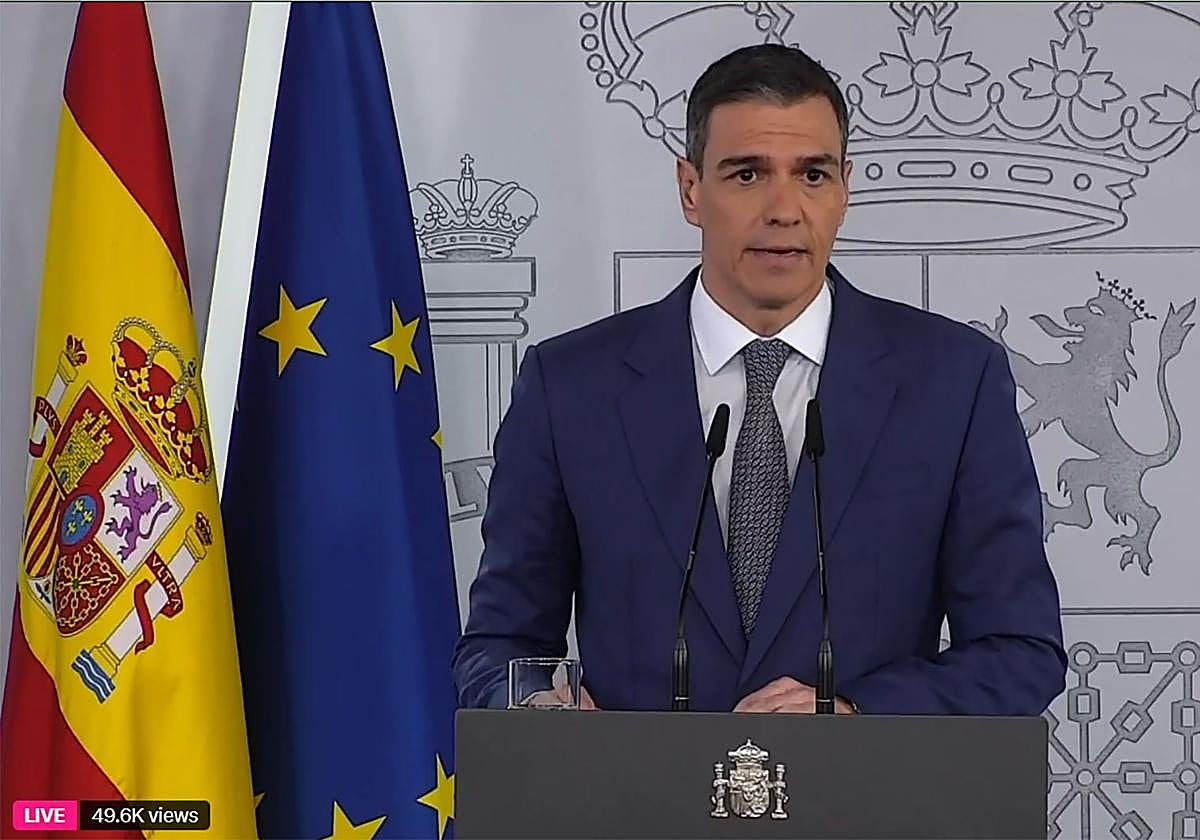Power struggles
By claiming that Sánchez is hiding the 'truth' about what caused the blackout, Abascal presumably refers to the prime minister's denial that it was caused by an increased reliance on renewable energy
Mark Nayler
Friday, 2 May 2025, 11:40
Pedro Sánchez deserves criticism for many reasons, but he is not to blame for Monday's blackout. Predictably, though, the Spanish right is claiming that the massive power outage, which cost the Spanish economy an estimated 1.6 billion euros, was the government's fault. PP leader Alberto Núñez Feijóo has criticised Sánchez for not declaring a national state of emergency; and according to Vox president Santiago Abascal, the blackout was a result of the left's "climate fanaticism". Both criticisms are unjustified.
Nationwide blackouts don't always receive international attention, but they're not as rare as one might think. In the last three years, there have been major outages in the Balkans, Pakistan and Bangladesh, the latter two of which left hundreds of millions of people without power (those two countries, incidentally, are still heavily reliant on fossil fuels). In 2003, a blackout affected the whole of Italy and parts of Switzerland. Cascading system failures were identified as the cause in all four cases.
Like all complex systems, national electricity grids are prone to malfunction. As one engineer told The Guardian this week, "It doesn't matter where you are getting the energy from; you've got to get the engineering right in order to ensure resilient supplies of electricity."
Núñez Feijóo compared Monday's blackout to the floods that killed 232 people in Spain last October, and said that Sánchez was at fault for not declaring a national state of emergency in both cases (on Monday, only eight of Spain's 17 regions, Andalucia among them, requested this declaration, which transfers crisis management to the national government). But unlike the floods, the blackout didn't require rapid intervention. There was nothing to do but wait. The presence of national troops in most towns and cities would have only put people on edge - unless, perhaps, they had been directing traffic or handing out cash.
By claiming that Sánchez is hiding the 'truth' about what caused the blackout, Abascal presumably refers to the prime minister's denial that it was caused by an increased reliance on renewable energy (the possibility of a cyber attack has all but been eliminated). It's true that the Socialist leader was too quick to rule that out: the operations manager of REE, Spain's national grid operator, has said that it was "very possible that the affected generation could be solar". And it's reasonable to be concerned about the planned timeline of Spain's nuclear phaseout, which is due to be completed by 2035.
Still, one major malfunction doesn't mean that the renewables project is doomed. It simply means that the technology needs improving, specifically to increase the flexibility and stability of grids without traditional generators. The feasibility of this was demonstrated in 2022, when Scotland generated over 100% of its electricity from clean sources without major blackouts. Sánchez isn't hiding the truth; the Spanish right is distorting it.
